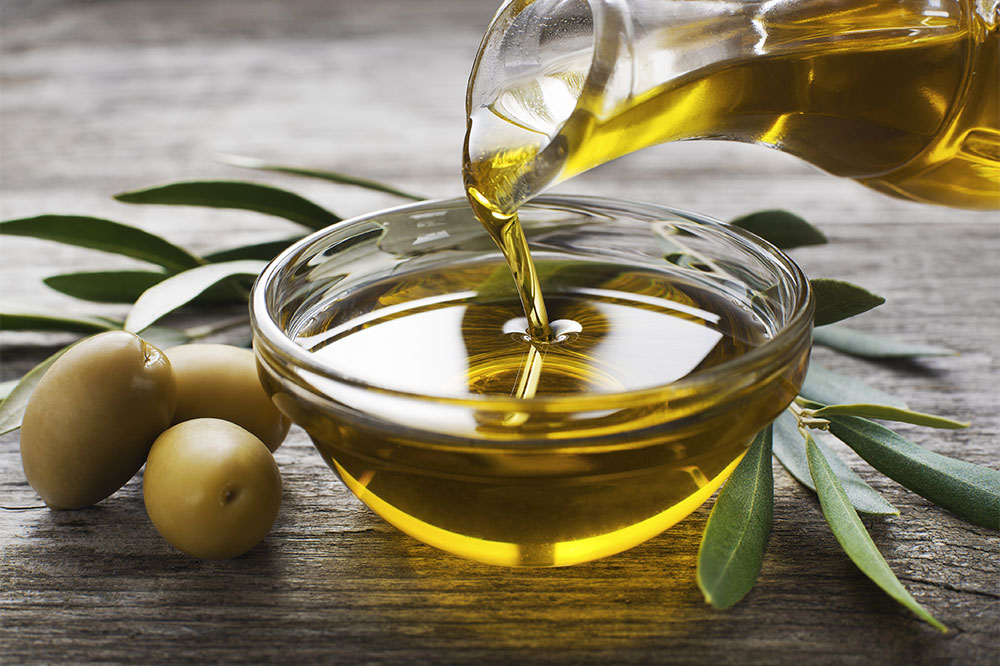Comprehensive Dietary Strategies for Alleviating Arthritis Symptoms
This comprehensive guide provides essential dietary tips for managing arthritis symptoms effectively. It emphasizes foods to avoid, such as fried, processed, and sugary foods, while highlighting beneficial eating habits that can reduce inflammation and joint pain. Adopting these dietary adjustments in combination with lifestyle changes can significantly improve quality of life for arthritis sufferers. Learn how to make smarter food choices to support joint health and reduce discomfort naturally.

Essential Foods to Minimize for Effective Arthritis Management
Arthritis is a progressive condition characterized by persistent joint pain, swelling, and inflammation that can severely impact daily life. While medication and physical therapy are mainstays of treatment, dietary choices play a pivotal role in managing symptoms. Although there’s no one-size-fits-all dietary plan specifically for arthritis, scientific research underscores the importance of reducing certain foods that exacerbate inflammatory responses within the body. Carefully selecting what to eat and, more importantly, what to avoid can significantly improve joint health and reduce discomfort.
In this comprehensive guide, we explore the key foods that individuals suffering from arthritis should limit or eliminate from their diet. Making mindful adjustments can not only alleviate symptoms but also enhance overall well-being, supporting a more active and pain-free lifestyle.
Limit Deep-Fried and Processed Foods
Deep-fried foods such as French fries, fried chicken, and processed snacks are notorious for promoting inflammation. These foods are high in unhealthy trans fats, which can trigger immune responses that worsen joint swelling and discomfort. Evidence from research conducted by Mount Sinai School of Medicine indicates that reducing intake of fried meats, frozen meals, and other heavily processed foods can produce noticeable improvements in arthritis symptoms. Instead, focusing on steaming, boiling, or baking foods can help reduce inflammation while maintaining nutritional value.
Avoid Foods Cooked at High Temperatures and Those That Are Heavily Processed
Cooking methods such as grilling, roasting, or pasteurization often lead to the formation of advanced glycation end products (AGEs). These harmful compounds damage proteins in the body, stimulate inflammation, and accelerate joint deterioration. Choosing gentler cooking techniques like steaming or slow cooking can decrease AGE formation. Additionally, minimizing intake of processed foods—such as pre-packaged snacks, fast food, and bakery items—can help limit exposure to these inflammatory toxins, promoting healthier joints.
Cut Down on Sugary and Refined Carbohydrate-Rich Foods
Foods high in refined sugars and simple carbohydrates contribute to the production of AGEs and promote systemic inflammation. Sweets like candies, pastries, and sugary beverages, along with white bread, white pasta, and other processed grains, should be consumed in moderation or replaced with whole-grain alternatives. A balanced diet rich in fiber can help regulate blood sugar levels and reduce inflammatory processes in the joints.
Reconsider Dairy Product Consumption
Dairy items—including milk, cheese, and ice cream—have been linked to increased joint irritation in some individuals with arthritis. Certain proteins in dairy can trigger immune responses that exacerbate inflammation. Many sufferers report improvements after adopting a plant-based diet free from dairy, which supports joint health and may reduce symptoms. Plant-based alternatives like almond milk, coconut yogurt, and dairy-free cheeses can be excellent substitutes that provide essential nutrients without aggravating symptoms.
Limit Tobacco and Alcohol Intake
Smoking significantly increases the risk and severity of rheumatoid arthritis, impairing joint repair and immune function. Alcohol consumption, especially in excess, raises the likelihood of gout flares and can interfere with medication efficacy. Quitting smoking and moderating alcohol intake are crucial steps toward managing arthritis more effectively. Additionally, incorporating regular physical activity and ensuring adequate sleep enhances overall joint health and reduces inflammation.
Reduce Salt Intake
While sodium is necessary for bodily functions, high salt consumption—common in processed foods like chips, instant noodles, and salted snacks—can promote joint inflammation. Limiting salt intake helps reduce fluid retention and inflammatory responses, contributing to less joint swelling and pain. Using herbs, spices, and natural flavorings instead of salt can make meals both tasty and health-conscious.
Implementing these dietary modifications can make a notable difference in the management of arthritis symptoms. Consistent attention to food choices, combined with a healthy lifestyle, can lead to decreased joint pain, improved mobility, and an overall better quality of life for those experiencing arthritis. Consulting with a healthcare professional or a registered dietitian can help tailor these strategies to individual needs and ensure nutritional adequacy while reducing inflammation.





